Dr. Utsab Das, a young doctor, efficiently manages his profession and passion. Ruchira interviews this rising Bengali singer, exclusively for Different Truths.
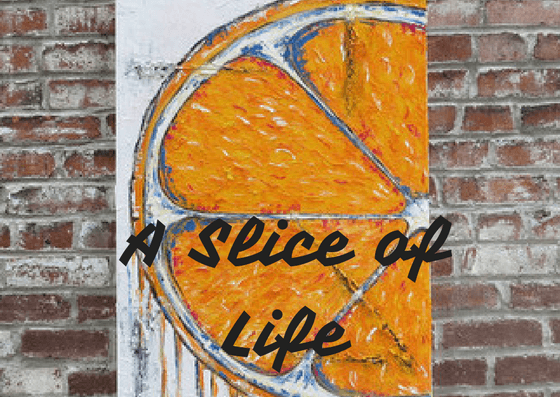
About three years ago, I had first heard him perform on a Bengali entertainment channel. The chubby bespectacled youth with a rotund face and a shy smile endears himself spontaneously to his viewers. Topping it all is his rich mellifluous voice, which gets etched in your mind forever. Meet Dr. Utsab Das, the Kolkata based medico, who is undoubtedly the most luminous star in the firmament of Bengali vocal music, now.
He has his fingers in several pies at once – from Rabindrasangeet to Shyamasangeet, Nazrulgeeti and many more. The twenty something youth efficiently juggles his hospital duties with manifold musical programmes, both studio as well as online ones, particularly during the pandemic period.
He lives a simple unostentatious life. Portraits of his two favourite icons, Tagore and Swami Vivekananda adorn the wall of his room in the family’s Swiss Park residence, South Kolkata. A self-confessed foodie, Utsab also depicts a distinct penchant for exquisitely embroidered designer kurtas, which go to enhance his appearance and impact during both onscreen and live shows. When I contacted Das regarding an interview, he gladly, enthusiastically agreed.

Ruchira: Tell us about your early life family background, schooling, etc.

Utsab: I was born in Kolkata but lived for a couple of years in Chennai, where my father, Amar Nath Das, a service engineer with Air India was posted for some time. Thereafter, we returned to Kolkata and have lived here ever since. My mother Kakali Das, a housewife is a trained singer. I studied in Jadavpur Vidyapith (till grade 2) followed by Ballygunje Government School. I completed my MBBS from Medinipur Medical College. Currently, I am pursuing my MD degree in pathology from National Medical College, Kolkata.

Ruchira: Who or what inspired you to sing /adopt music as a profession?

Utsab: There was always a good deal of music at home. My mother holds graduate and post graduate degrees in music from the University of Calcutta. Additionally, she trained under Maya Sen and Subhash Choudhuri. I enjoyed hearing the songs of the legendary Debabrata Biswas which mom would often play while at home. She was a huge fan of Biswas. As a toddler, I loved listening to the songs of Swagatalakshmi Dasgupta. That’s how I got interested in music.
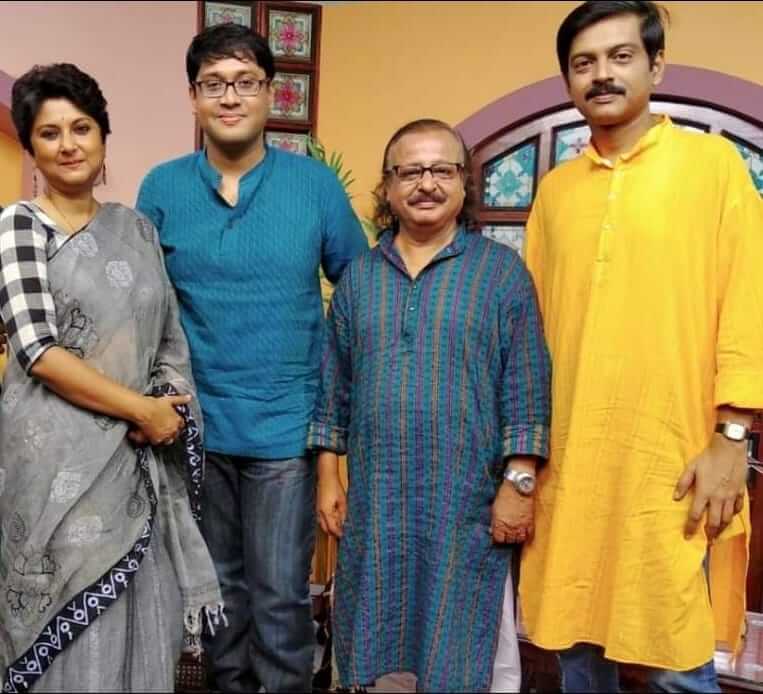

Ruchira: Besides your mother which other singers coached you over the years?

Utsab: My first lessons in music were from mymother. Later, when I was in 6th grade, I joined Swami Vivekananda Study Circle at Ramkrishna Mission, Golpark. There, under the supervision of Swami Lokeshwaranadaji I learnt devotional songs (Ramkrishna Thakur and Swamiji’s favourites), Sanskrit stotras and more. Around that time, Pt. Ajay Chakrabarti’s brainchild Srutinandan came into existence. I was in its very first batch. Jayanta Sarkar taught me for three years. Subsequently, I learnt from Panditji for another three and a half years. Later, while in medical college, I learnt Rabindrasangeet from Subhash Choudhuri and Swagatalakshmi Dasgupta. Moreover, I trained in musical genres of Atul Prasad and Rajanikantasongs under the tutelage of Dilip Ray and Archana Bhowmik. I learnt Nazrulgeeti and Bhakti Sangeet from Ramanuj Dasgupta.

Ruchira: Why this fondness for Ramakrishna Mission Songs?

Utsab: During my crucial years at school (6th to 12th grade) I was closely associated with Ramakrishna Mission Institute of Culture, Golpark. Every evening after school, I was there, taking part in singing and other cultural activities. During the five-six day long annual functions, we would take out processions singing all the way. I even essayed the role of Swami Vivekananda in plays staged on those occasions.

Ruchira: Why this liking for serious, devotional songs, Shyama Sangeet and Pancha Kavi (five eminent Bengali poets: Tagore, Kazi Nazrul, Atul Prasad, Rajanikanta & Dwijendralal)?

Utsab: Just as Debabrata Biswas inspired my mother to sing Rabindrasangeet, likewise Swagatalakshmi Dasgupta’s renditions impressed and greatly inspired me to sing Rabindrasangeet. Later, when I began taking music lessons from her, I was drawn by the spiritual aspect of her persona, her style of chanting Sanskrit Stotras, songs of the Holy Mother (Sri Sarada Devi) and such like. The Ramakrishna Mission stint was another factor. My first brush with the other poets happened when I participated and won a contest held by the Rajya Sangeet Academy. I had sung a Rajanikanta song. The simple yet meaningful lyrics were soul stirring. Gradually, I moved onto the other poets. I sang their songs for Akashvani Kolkata. Alongside, I cleared a gradation test (based on their songs) from ICCR. This was a significant chapter of my life.

Ruchira: What is Rabindrasangeet to you?

Utsab: It is not music alone it is a philosophy of life. On a personal note, I developed a fondness for this genre since my undergraduate days. Securing admission in medical graduate and postgraduate courses was very stressful. Also, my initial days in the medical college hostel was a turbulent phase. However, Tagore’s songs helped me to retain my courage, confidence, and equanimity, surmount all obstacles and forge ahead in life. By the time, I joined post graduate level, Covid began spreading its deadly tentacles. All through the pandemic period, I have drawn inspiration from them, while performing my duties diligently.

Ruchira: How much are you inspired by the Holy Trio of Dakshineshwar (Sri Ramakrishna, Sri Maa and Swamiji)?

Utsab: Right from childhood, the Holy Trio left an indelible imprint on my psyche. I love reading Sri Ramakrishna’s messages, thoughts, and teachings. It is amazing how he elucidates life’s complex philosophies in such a simple, lucid manner. I am also spellbound by Swamiji’s sterling qualities e.g., patience, endurance self-control, self-restraint, et al. I greatly enjoy reading his philosophy, teachings, letters… I feel if you wish to remain focused in life you ought to imbibe his ideals.

Ruchira: How much have you emulated their ideology in real life?

Utsab: I always try my level best to follow in theirfootsteps, helping and supporting people as much as I can. Thakur Ramakrishna preached Shiva gyane Jiva Seva (Serve God by serving His creatures). I find this appealing. I endeavour to adhere to Swamiji’s principles. No one can be perfect like him, but one must keep trying.
Here’s a Tagore song, sung by Swami Vivekananda, many moons ago, and rendered by Utsab:

Ruchira: Trace your musical career for us.

Utsab: Right from childhood, I participated in various singing competitions and enrolled for auditions. While in grade 6, I stood first in a singing competition organised during Vidyasagar Mela. I participated in Rajya Sangeet Akademi’s music competitions on two occasions, once for Swadeshi category and next for Atul Prasad songs, standing first both the times. I successfully passed an exam – focusing on Rajanikanta, Atul Prasad and Tagore’s works – held by Akashvani Kolkata. I appeared for a gradation exam of ICCR, successfully clearing all the papers. Later, I obtained an A- grade in a gradation test (theme Rabindrasangeet) conducted by Rabindra Sadan Kolkata. In the first competition of Tara Muzik, I stood first among the boys.
My first official music album was released in 2011 coinciding with the 150th birth anniversary celebrations of Tagore and Swami Vivekananda. Thence, through 2013 till 2015, three CDs saw the light of the day. As of now, several online companies e.g., YouTube, Gaana, etc., are releasing my songs online. My songs are aired on all FM channels. My forte being Swamiji’s favourite songs and Shyamasangeet, besides the five poets. I sing regularly on diverse channels. Eventually, l wish to return to the golden era of Bengali songs.

Ruchira: Why did you choose medical profession?

Utsab: Both my grandfathers were doctors, one a dermatologist and the other a chest medicine specialist. I was reared in an ambience peopled by medical professionals. I love the old school of thoughts and ideas of doctors. Moreover, Biology was my favourite subject. Hence, I decided to become a doctor. That doesn’t mean I will give up on music. It will remain part and parcel of my life though medicine will be my main profession.

Ruchira: How do you manage to juggle and balance between two demanding careers?

Utsab: It’s all about time management. A bit of a hard work is required. If I find time, I do programmes. If programme and duty timings clash, my friends fill in for me. I reciprocate later. We pull through. As the saying goes: when there is a will there is a way.

Ruchira: If not a doctor or a singer what would you be?

Utsab: I am very fond of both English and Bangla literatures. In that case, I would have carved out an academic career in any one of these fields.
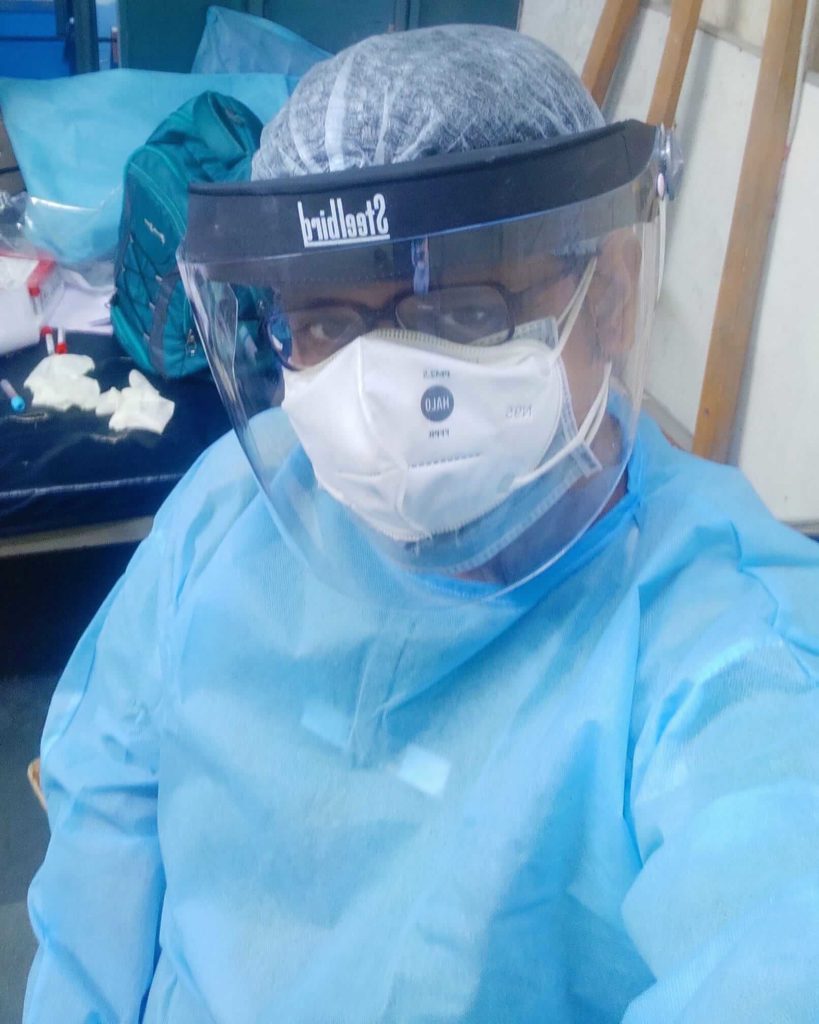

Ruchira: Your other interests and hobbies?

Utsab: Apart from sciences, I am deeply interested in literature. I’ve always been into reading and creative writing extensively. As a kid, I used to write poems which were published. Now there is very little time for such pursuits. I enjoy reading and watching thriller fiction/serials. Cooking is yet another major hobby. I greatly enjoy cooking as well as eating.

Ruchira: Would you agree that your twin careers have contributed to your becoming a foodie?

Utsab: Most certainly. Food is a major stress buster. When you are undergoing stress, tension or anxiety, food helps to lighten your mind and dispel your worries. My most favourite cuisine is Mughlai followed by Chinese and traditional Bengali food. I harbour great weakness for chocolates in (any or) all forms.

Ruchira: Who are your favourite singers both old and contemporary?

Utsab: Like I already mentioned, Debabrata Biswas Swagatalakshmi Dasgupta were household names for me. I heartily enjoy all types of good songs. Asha Bhonsle, Lata Mangeshkar, Manna Dey, Rupankar Bagchi and Kabir figure on my list of favourite artists.

Ruchira: What are your plans going forward?

Utsab: I am slated to complete my MD in 2022. Thereafter, I want to begin lab practice in pathology and private practice in treatment of diabetes for which I have a fellowship. My aim is to become a lecturer/professor and teach MBBS students. Let’s see how things shape up. On the music front, two of my albums on Atul Prasad’s songs have been released. An album on Dwijendralal’s songs is awaiting release. I have had people requesting me to teach their children. If I can’t find time, I will try conducting classes on Sunday mornings at least. In addition, another album of Rabindrasangeet will be released to coincide with birth anniversary of the noted singer Durbadal Chattopadhyay. Plus, I wish to do some work on Sanskrit stotras /shlokas.


Utsab: Yes I’ m confident about handling such a situation. During examination periods all musical programmes were put on hold. So, I was able to manage somehow, though initially I was jittery. You see, I emphasise quality rather than quantity. I only take up as many programmes as I can efficiently handle. Similarly, in future though medical practice will be my prime focus, yet I will devote whatever extra or spare time I get, to music.

Ruchira: Your message to your fans / other music lovers?

Utsab: I would request them to listen to loads of high, good quality music, which are part of our cultural heritage. It is highly desirable that the present generation and upcoming generations get well acquainted with traditional Bengali songs. I determine to work relentlessly towards promoting and propagating the songs of Pancha Kavi (including lesser-known Tagore songs) so that the younger generations can rediscover their roots.

Ruchira: What’s your message to the public at large?

Utsab: I reiterate what I’ve been stating for almost a year and a half now: please don’t slacken your vigil. Covid is not over yet. The new Omicron variant is already here. Please complete your vaccination, continue sanitisation/ handwashing, wear masks and maintain social distancing. Stay healthy, stay safe.
Photos sourced by the author

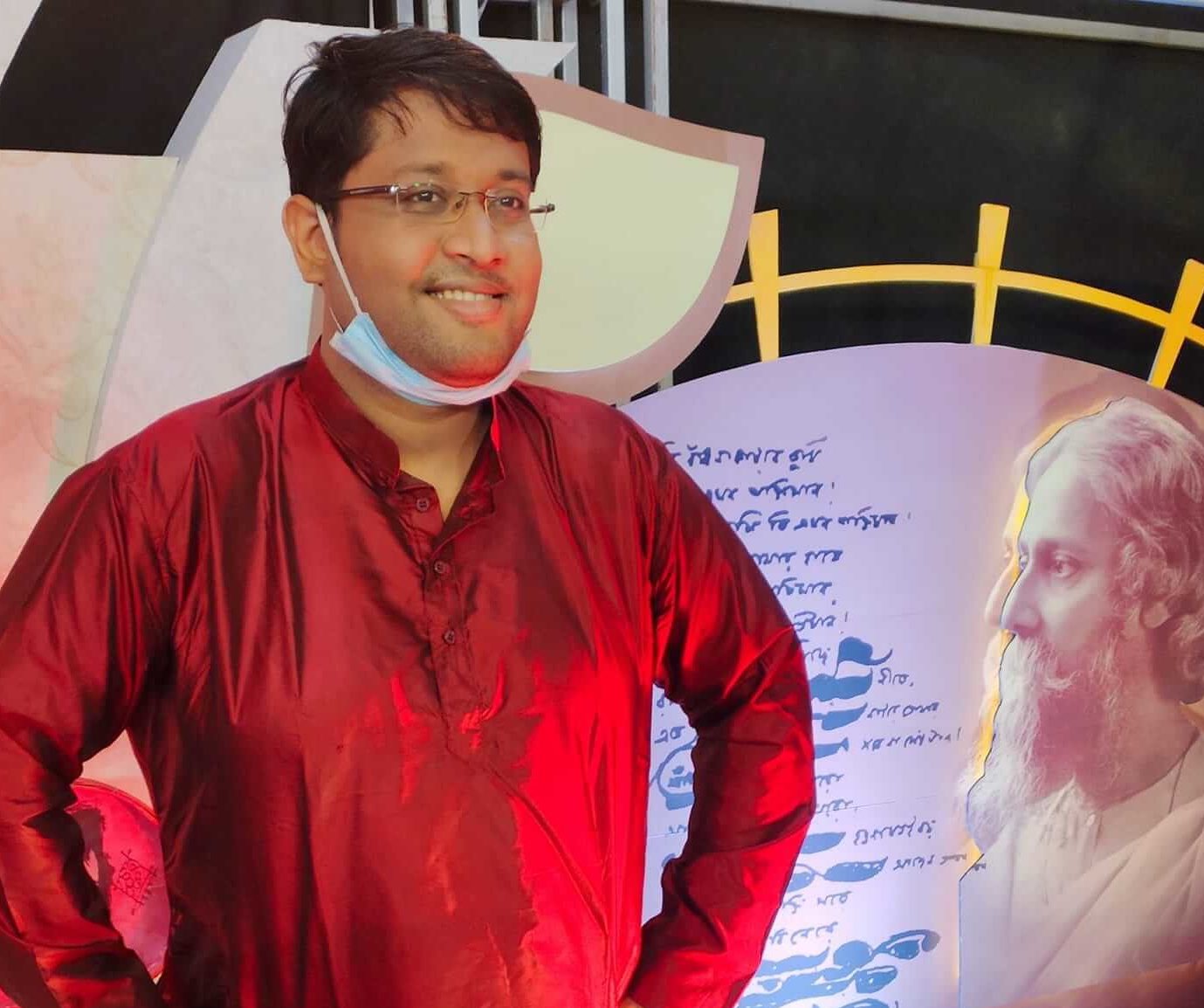


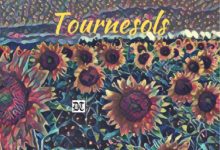
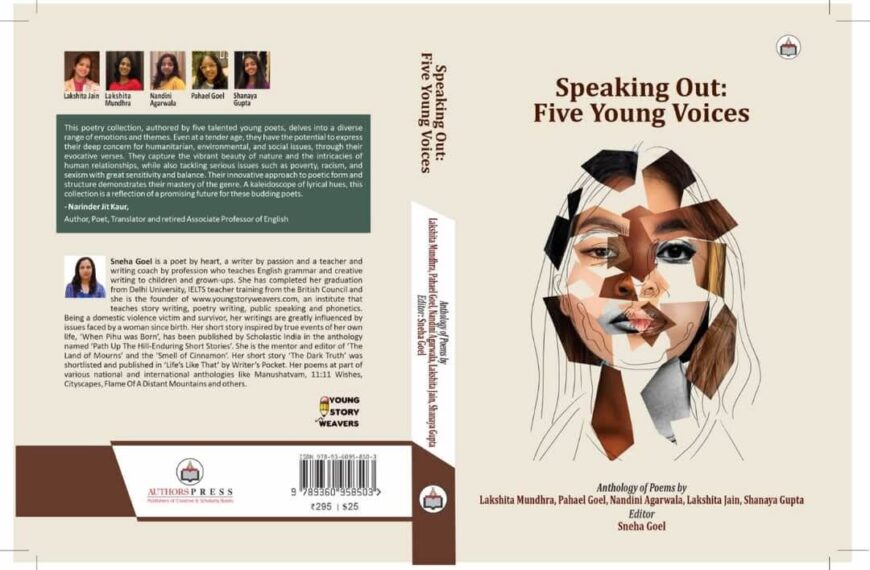
 By
By
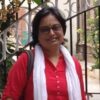 By
By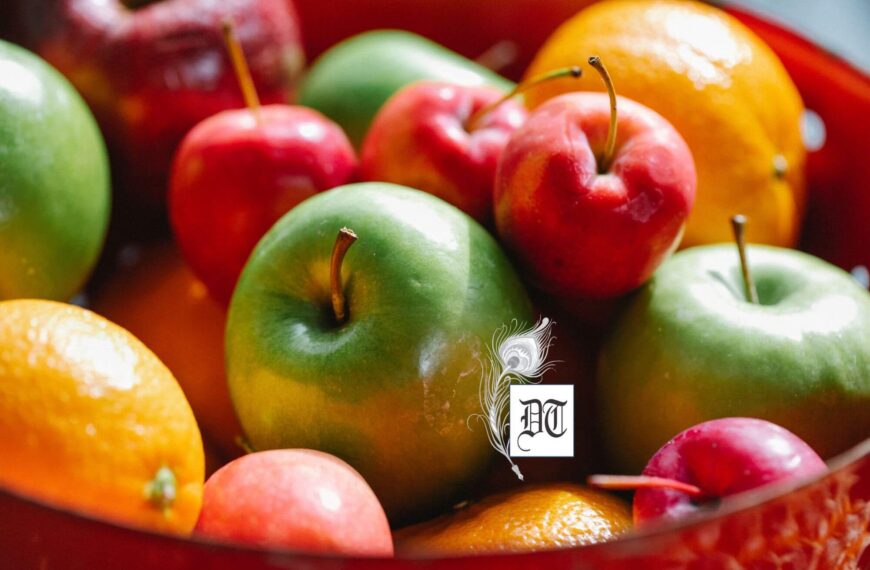
 By
By